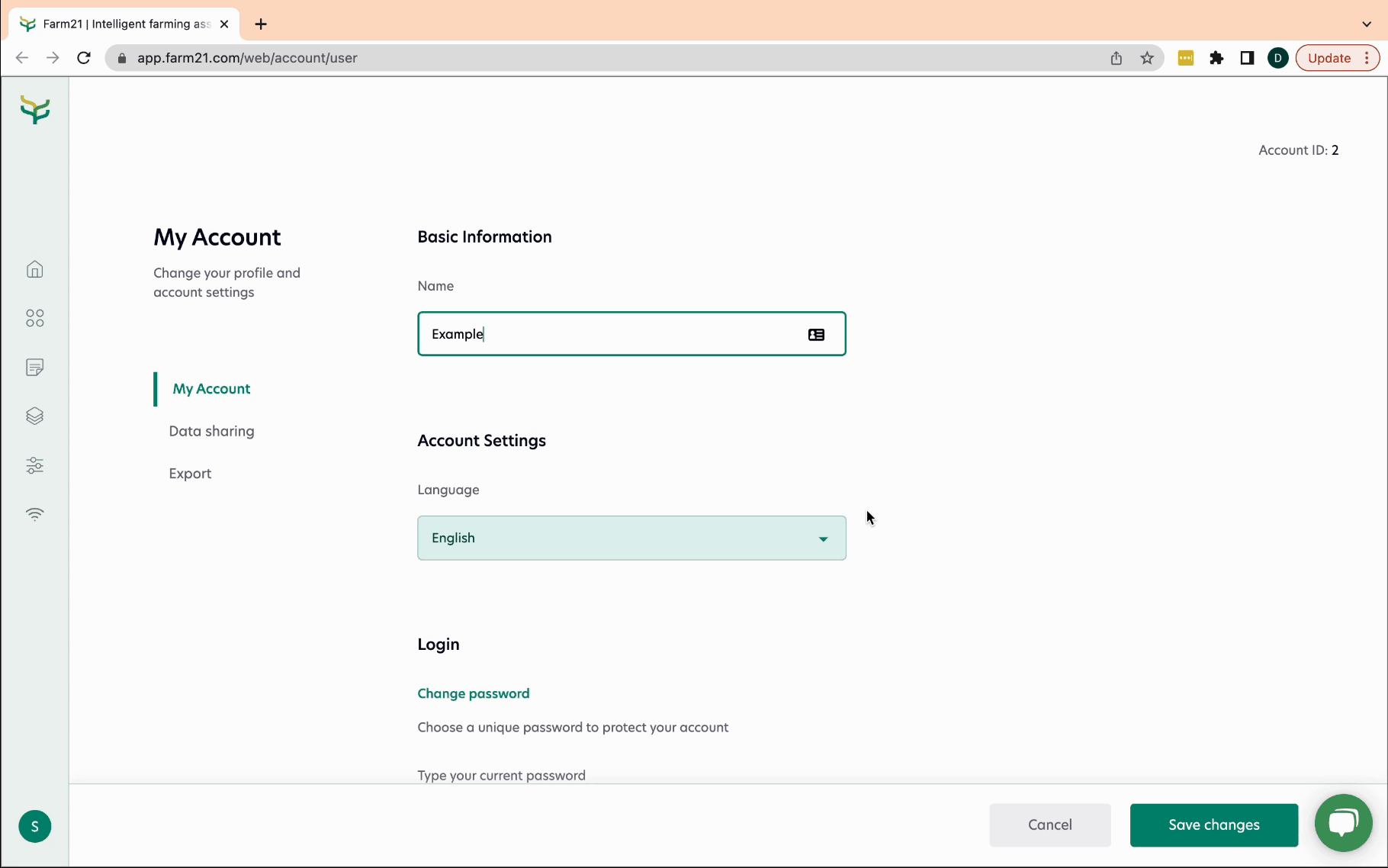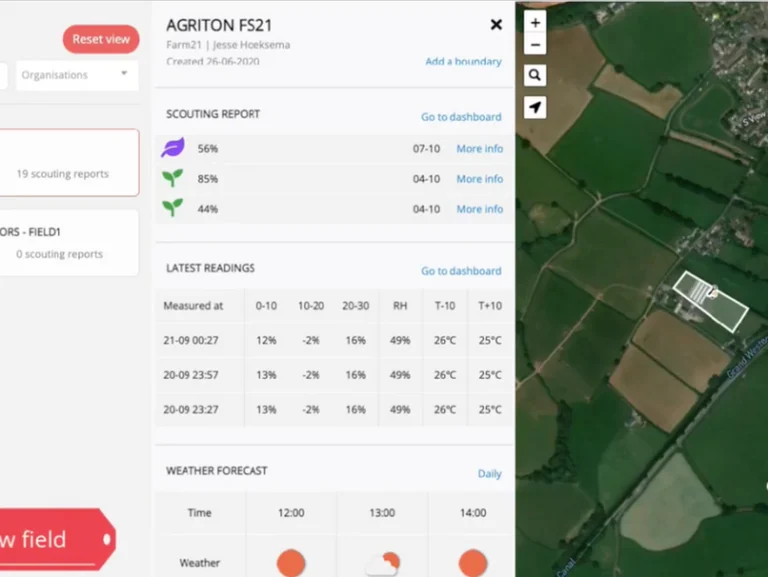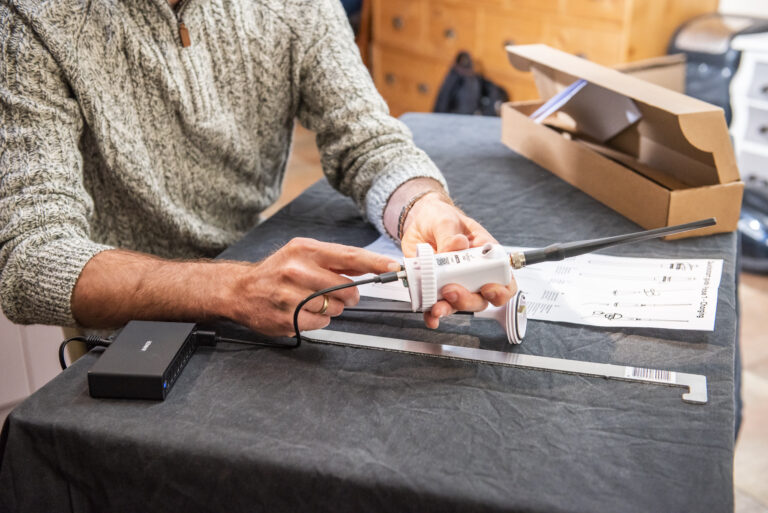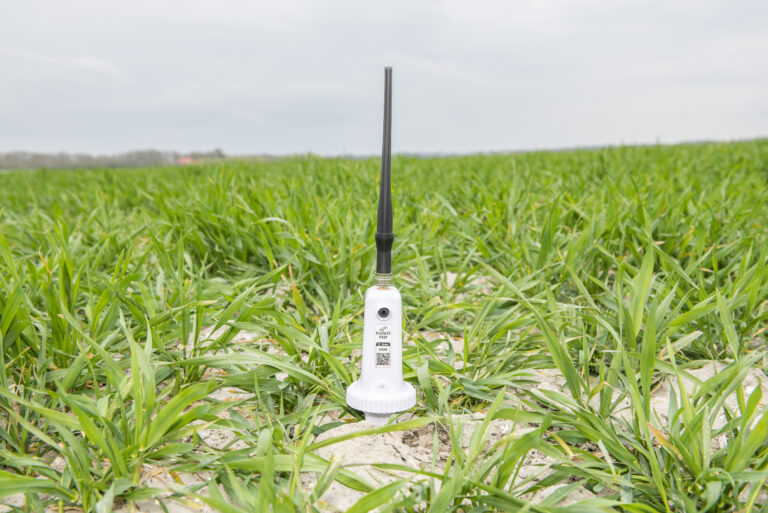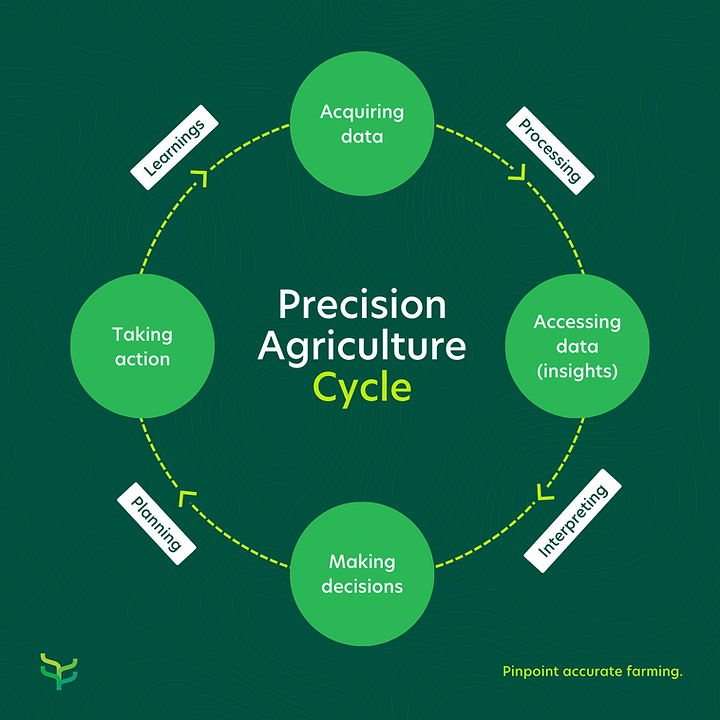8 Essential Tips For Crop Advisors To Increase Clients’ Sustainability

Crop advisors play a critical role in agriculture. They can help growers reach their goals by providing the right information to making the best decisions for the business. In this article, we will learn more about what sustainability means and why it is so important, as well as explore ways in which crop advisors can help their clients farm and grow more sustainably.
Farming for the future
Sustainable agriculture is becoming an increasingly important topic in modern farming practices. Not only is it better for the environment, but it can also lead to increased yields and improved profits. Crop advisors are a vital piece of the puzzle in helping their clients farm more sustainably. With their in-depth knowledge of soil science, agronomy, and other related fields they guide growers to make decisions that lead to optimised yields and improved crop health.
Additionally, crop advisors often have access to the latest research and technology, which they can use to provide farmers with up-to-date information and recommendations. By working with crop advisors, farmers can make informed decisions about their operations and avoid common pitfalls, leading to increased efficiency, profitability, and of course, increased sustainability.
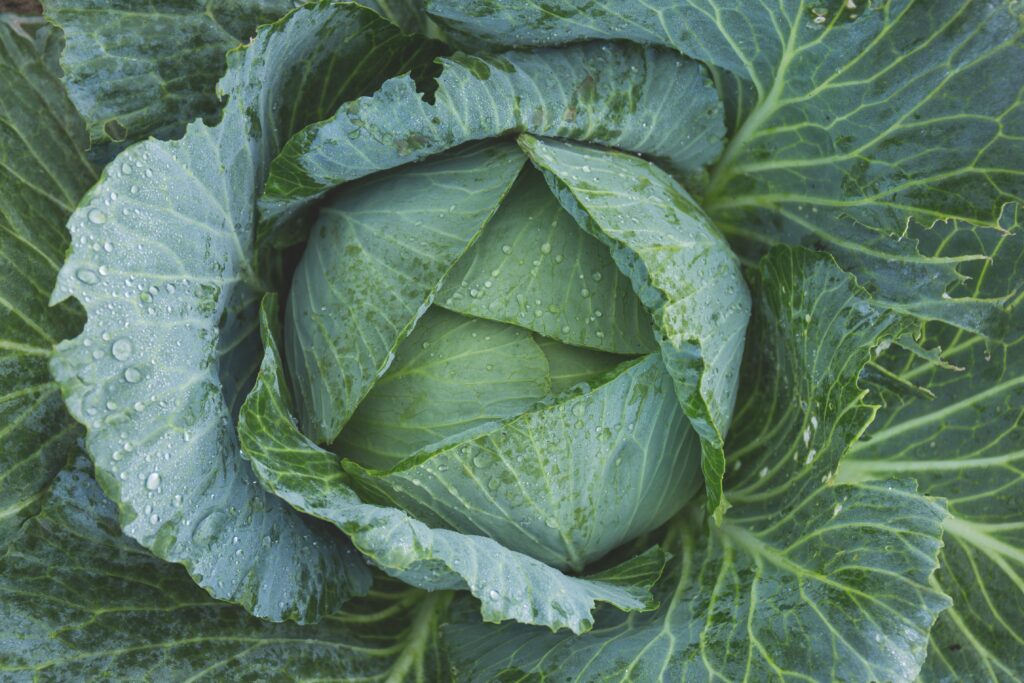
Okay, sustainability. What does it mean?
To understand why sustainability is important, let’s first look at what it means: Sustainable farming is a method of agriculture that aims to meet the needs of the present generation without compromising the ability to meet the needs of future generations. It is characterised by practices that protect the environment, conserve natural resources, promote biodiversity, and ensure the long-term health and productivity of farm ecosystems. This includes techniques such as crop rotation, cover cropping, reduced tillage, integrated pest management, and the use of renewable energy sources. The ultimate goal of sustainable farming is to create a self-sustaining, closed system where soil fertility is maintained and improved, water is conserved, and biodiversity is protected.
Why is sustainability such a big deal?
A major factor that cannot be ignored, and one of the main driving forces behind the movement towards sustainability, is what is referred to as “The global food crisis.” The following are some of the facts surrounding the food crisis:
- Population growth – The global population is growing, putting pressure on food production to keep up with demand. The world’s population is expected to increase by nearly 2 billion persons in the next 30 years, from the current 8 billion to 9.7 billion in 2050.
- Climate change – Climate change is affecting agricultural production through changes in rainfall patterns, increased frequency and intensity of extreme weather events, and degradation of soil and water resources.
- Agricultural land loss – Agricultural land is being lost due to urbanisation, desertification, and other factors, reducing the land available for food production.
- Soil degradation – Soil degradation, due to factors such as overuse of synthetic fertilisers and pesticides, and poor management practices, is reducing the productivity of agricultural land.
- Food waste – Significant amounts of food are wasted during production, processing, transportation, and consumption, further exacerbating the food crisis.
- Investment in agriculture – Insufficient investment in agriculture, particularly in developing countries, has limited the ability to increase food production and improve food security.
Addressing the food crisis will require a combination of short- and long-term measures, including investments in sustainable agriculture, reducing food waste, improving access to food and nutrition, and addressing the root causes of hunger and poverty. Farming and food industries must become much more sustainable if we are going to feed almost 10 billion people by 2050.
What is the real importance of sustainable farming?
As you can see, sustainable farming is becoming increasingly important for several reasons. Firstly, it helps to conserve and protect the environment by reducing the use of harmful chemicals and practices that can harm the soil and water. Secondly, it promotes biodiversity by encouraging the growth of a variety of crops, which can help to support ecosystems and reduce the risk of crop failures. Lastly, sustainable farming can improve the livelihoods of farmers by reducing costs, increasing yields, and providing a stable source of food for local communities. By focusing on these three key areas, sustainable farming can help to ensure the long-term viability of agriculture and protect the planet and food sources for future generations.
Improved
Soil Health
Healthy soil runs at the heart of sustainable agriculture and food production
Ensured Biodiversity
Biodiversity promotes healthy ecosystems that contributes to fertile soil increased yields
Saved
Resources
Smart application of finite resources helps to ensure the conservation of water and soil
Sustainability vs profitability
Sustainability and profitability are often seen as conflicting goals in the world of agriculture and business. Sustainability involves preserving the environment, protecting natural resources, and ensuring the long-term viability of the farming ecosystem. Profitability, on the other hand, involves maximising financial returns and efficiency. When considering sustainability and profitability, it is important to find a balance between short-term gains and long-term benefits.
It is, however, possible to achieve both goals. This is where crop advisors can add immense value – By helping growers operate sustainably, while maintaining profitability. Sustainable farming practices, such as reduced tillage, integrated pest management, and the use of renewable energy sources, can ultimately lead to increased efficiency and profitability. In the long run, sustainable practices can reduce costs, increase yields, and improve soil health, leading to a more resilient and profitable farming operation. Therefore, a sustainable approach to agriculture can actually enhance profitability and create a win-win scenario for both the environment and the bottom line.
How crop advisors help to improve clients’ sustainability?
Crop advisors can help farmers grow more sustainably and maintain profitability by suggesting the following practices:
- Integrated Pest Management (IPM) – Implementing an IPM program can reduce the need for chemical pesticides and improve soil health, while also helping to control crop pests and diseases.
- Conservation tillage – Minimising soil disturbance and leaving crop residue on the surface can improve soil structure, reduce erosion, and increase water retention.
- Cover cropping – Planting cover crops between main crops can improve soil health, reduce erosion, and help control weeds.
- Water management – Improving water management practices, such as using drip irrigation, can reduce water waste, improve water use efficiency, and increase crop yields. (Watch free water management webinar.)
- Diversification – Encouraging crop diversification can reduce the risk of crop failure due to pests and diseases and improve soil health.
- Energy efficiency – Advising farmers on how to implement energy-efficient practices, such as using LED lighting or improving insulation, can reduce energy costs and improve profitability.
- Market opportunities – Helping farmers identify new market opportunities, such as organic or locally sourced products, can increase income and promote sustainable agriculture.
- Precision agriculture – Using precision agriculture technologies, such as yield mapping, soil testing, and variable rate application, can help farmers optimise their use of inputs, such as fertiliser and water, and improve crop yields, but still save resources. (Get the precision’s farming handbook here.)
How can Farm21 help crop advisors to promote sustainability?
By using Farm21’s soil moisture sensors and data platform, crop advisors can help farmers make informed decisions about their crops and promote sustainable agriculture practices that conserve resources, improve efficiency, and enhance soil health. Here’s how:
- Precision irrigation – By providing real-time data on soil moisture levels, Farm21’s sensors can help farmers optimise their irrigation practices and reduce water waste. This can improve water efficiency, conserve resources. (Read more about precision irrigation over here.)
- Soil health management – The data collected by the FS21 sensors can help crop advisors monitor soil health and fertility, providing valuable insights into how to improve soil health and reduce soil degradation over time.
- Crop management – The data collected by soil moisture probes sensors can help crop advisors make data-driven decisions about crop management, such as choosing the right time to plant, water, and fertilise crops. This can help farmers grow more productive and sustainable crops.
- Data-driven decision making – The platform provides easy access to soil moisture data, satellite imagery, weather and scouting reports, allowing crop advisors to analyse and compare data from multiple locations, helping farmers make informed decisions about their crops.
- Early detection of problems – With a constant stream of real-time data, Farm21’s solution can help detect problems early, such as drought stress or water logging, or pest and disease pressure, allowing farmers to take corrective action before it’s too late.


